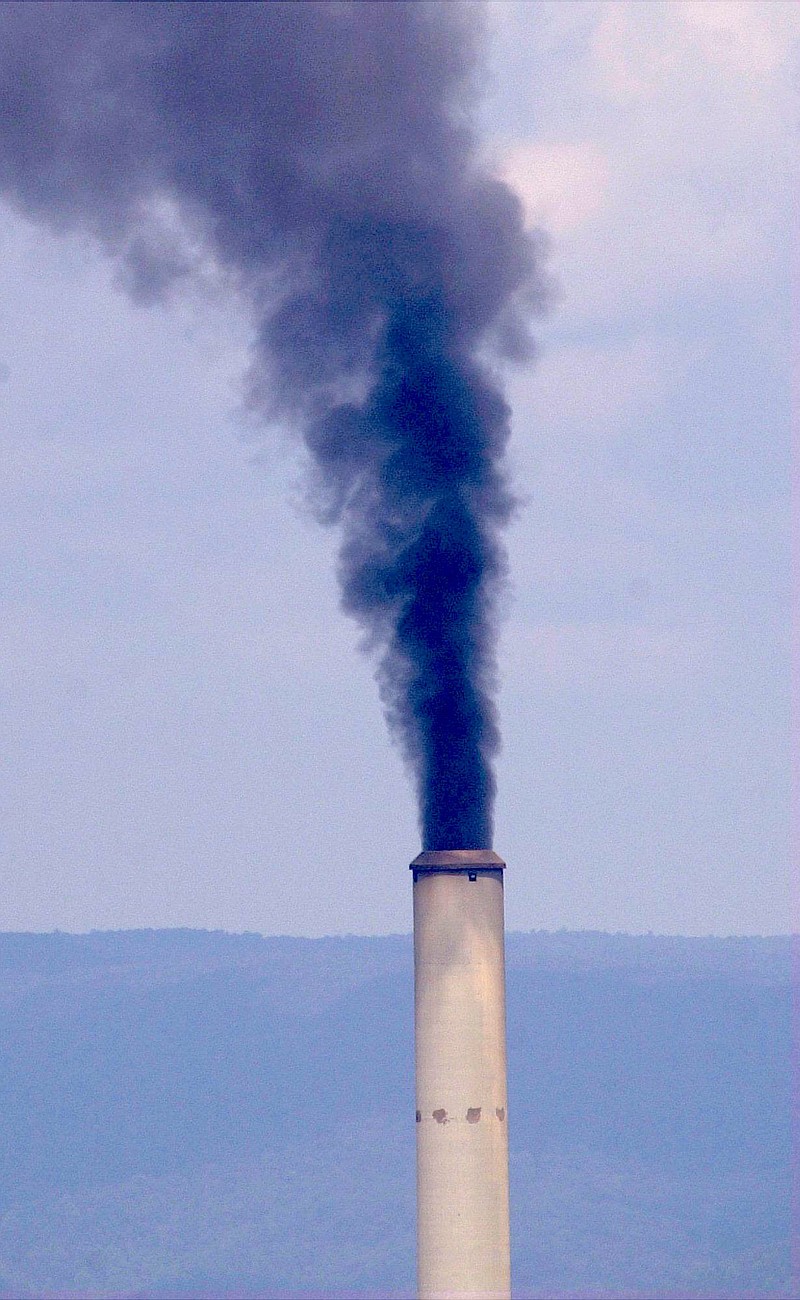The Tennessee Valley Authority, which has already cut its greenhouse gas emissions from coal-burning power plants by 30 percent over the past decade, expects to further reduce its carbon emissions in the next five years enough to largely meet most of the new controls announced Monday by the Environmental Protection Agency two years ahead of the EPA's 2022 deadline.
TVA President Bill Johnson said today that the utility is still reviewing EPA rules issued Monday. But TVA's long-range power plan, which the TVA board is scheduled to adopt at its next meeting on Aug. 21, projects that carbon emissions from TVA power plants will be 40 percent lower in 2020 than they were in 2005 - the base year upon which EPA has set its new standards to try to limit emissions linked with global warming.
Although some states in the Tennessee Valley have threatened to sue or not enforce the new EPA rules until a court rules on their legality, Johnson said TVA developed its integrated resource plan for the next 20 years assuming there would be some limits on carbon emissions.
I think we're very well positioned to comply with this," Johnson said today in an earnings call with industry analysts. "The IRP (integrated resource plan) has us on the right path."
Johnson said as a federal agency, TVA must comply with EPA rules and the 20-year power plan TVA has developed over the past couple of years was designed to help meet the expected carbon regulations. Johnson said meeting the new regulations may push up some TVA rates as the Watts Bar nuclear plant is brought on line and as more money is spent on pollution controls, energy efficiency and renewable energy.
But President Obama claims the average American will end up saving $85 a year by reducing the amount of energy used in most homes and businesses.
"I still think we have a lot of work to do between now and the end date of that plan, but we are well ahead of most others and we've done a lot of this work already over the past four or five years," Johnson said. "One of the things that we haven't yet discerned from looking at the rules is exactly how state vs. state or system vs. system will be implemented so we will be working with all of the states we serve to see the best way to make this happen. We don't have great detail on that yet."
TVA is shutting down more than half of the 59 coal-fired units it once operated and cutting its share of power derived from coal from nearly two-third of TVA's power in the 1980s to only about 20 percent of TVA's power a decade from now.
TVA is investing a record $3.5 billion this year in capital improvements, including the completion of the $4.2 billion Watts Bar Unit 2 project, continued work on a $1 billion pollution control system at its Gallatin Fossil Plant and the $2 billion conversion of coal ash ponds to dry storage, and the building of new natural gas plants in Memphis and Paradise, Ky.
"We're well positioned to wrap up this fiscal year as one of TVA's strongest in memory," Johnson said.
